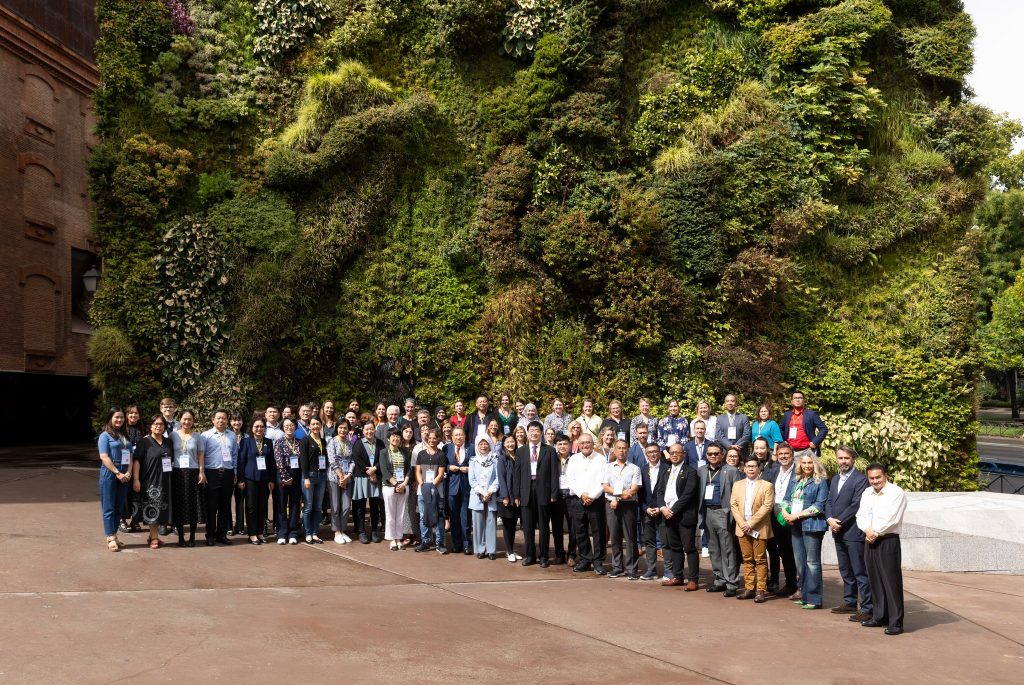
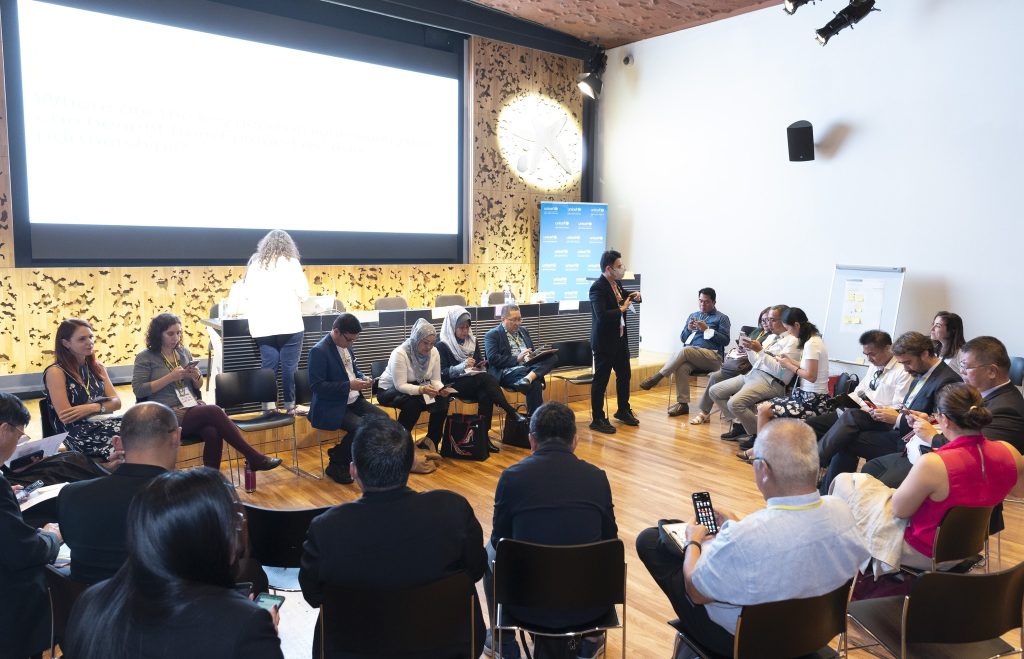
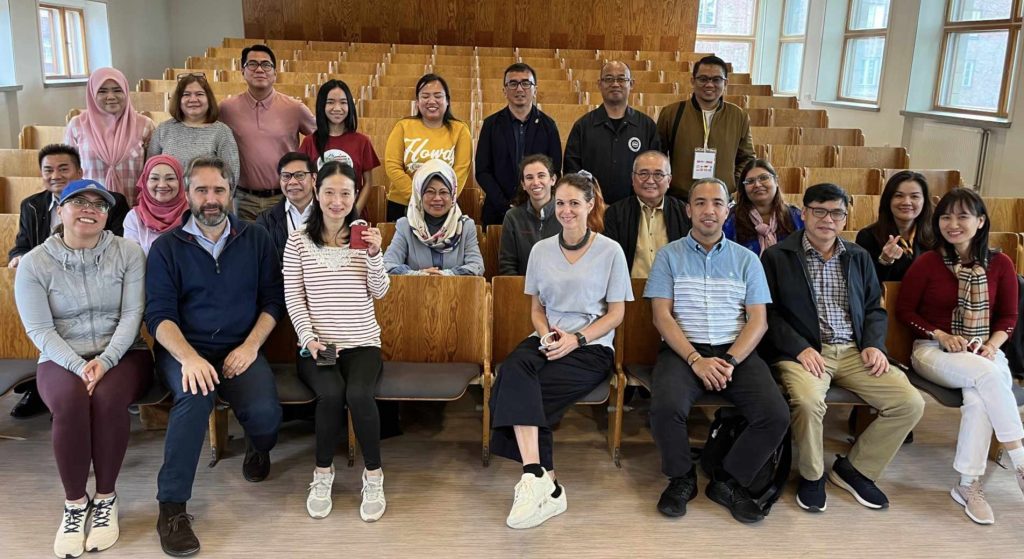
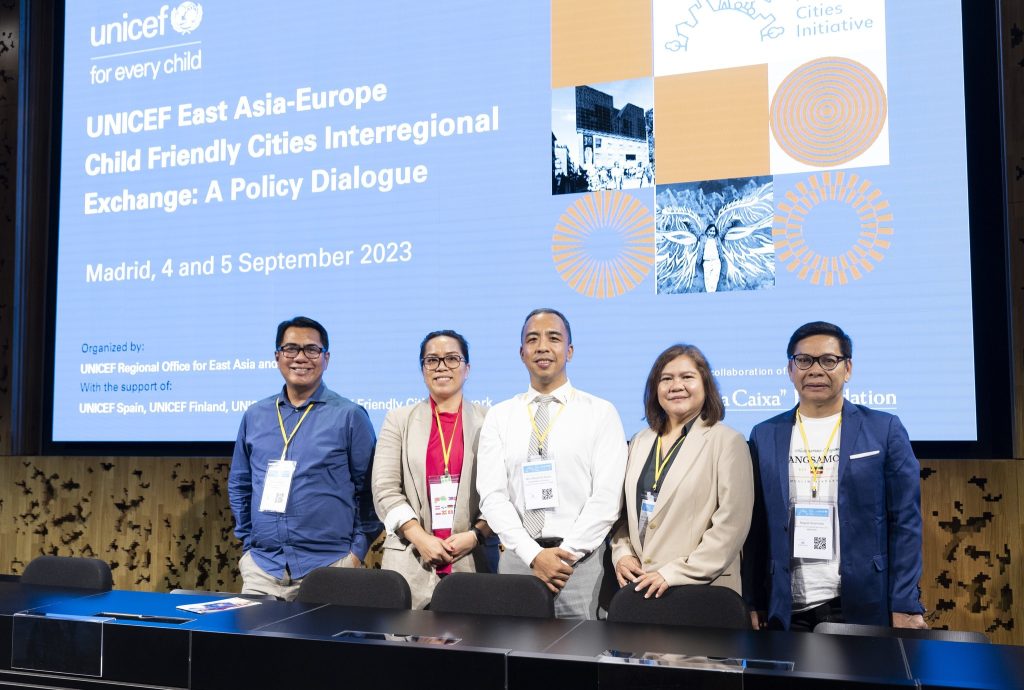
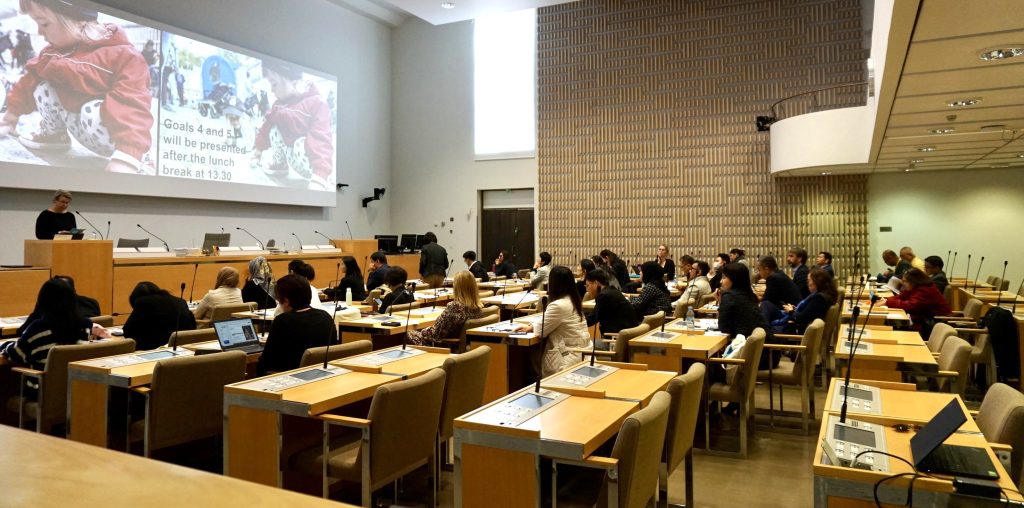
𝙄𝙣𝙩𝙚𝙧𝙧𝙚𝙜𝙞𝙤𝙣𝙖𝙡 𝘾𝙝𝙞𝙡𝙙-𝙁𝙧𝙞𝙚𝙣𝙙𝙡𝙮 𝘾𝙞𝙩𝙞𝙚𝙨 𝙋𝙤𝙡𝙞𝙘𝙮 𝘿𝙞𝙖𝙡𝙤𝙜𝙪𝙚 𝙞𝙣 𝙎𝙥𝙖𝙞𝙣 𝙖𝙣𝙙 𝙁𝙞𝙣𝙡𝙖𝙣𝙙
On 04-09 September 2023, the Council for the Welfare of Children (CWC) as part of the Philippine delegation, attended the 6-day policy dialogue on child-friendly cities with field visits in Madrid, Spain, and Helsinki, Finland, organized by the UNICEF Regional Office for East Asia and Pacific and UNICEF”s Child Friendly Cities East Asia and Pacific Network with UNICEF Spain and UNICEF Finland. The delegation was composed of Department of the Interior and Local Government Undersecretary Odilon L. Pasaraba, Department of Finance Assistant Secretary Niňo Raymond B. Alvina, BARMM Ministry of Interior and Local Government Naguib Sinarimo, CWC Planning Officer IV Ma. Ruth Estrellieta L. Marayag and UNICEF Social Policy Chief Maya Fachrani Faisal.
The dialogue focused on 3 thematic areas: (1) replicability and scalability; (2) sustainable, safe and thriving environments; and (3) innovation, data, and knowledge. It also included child-friendly-governance and child participation as cross-cutting themes. It provided an avenue for the participants from the Asian and European delegations and children to share experiences and practices relative to creating scalable and sustainable child-friendly cities, learned about innovative initiatives, and built networks for future coordination and collaborations.
The Child-Friendly Cities Initiative (CFCI) which was launched by UNICEF in 1996 is a strategy to respond to the challenge of realizing the rights of children. The CFCI is a Global Network and partnership and engagement platform to support cities and communities in their commitment to achieving results for all children at the local level. It brings together governments and other stakeholders such as civil society organizations, the private sector, academia, media, and, most importantly, children and child-led organizations that wish to make their cities and communities responsive to the needs of children.

